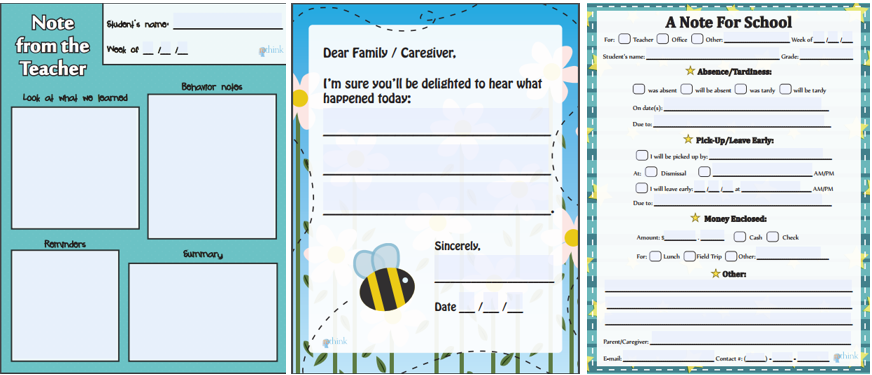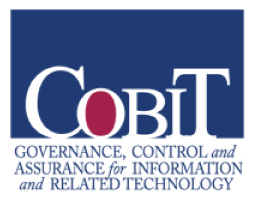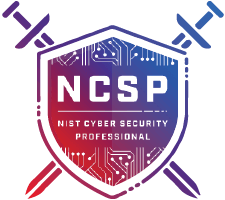Parental engagement in special education is crucial for student success both inside and outside of the classroom. However, barriers sometimes hinder parents from exercising their right to engage. The educational policy and laws surrounding special education can often be difficult for parents to understand and when not explained thoroughly, the assessment and Individualized Education Program process can be intimidating.
Some parents may also have to overcome negative experiences they’ve faced in their own academic career. In these cases, it is important for educators to provide parents with the right resources and support to become active participants in their child’s education. But like parents, educators too face engagement challenges. This is sometimes due to a lack of time for parent meetings or a lack of training on how to integrate parents into the school culture.
Parent engagement is an ongoing process and initial low levels of involvement may not necessarily mean that parents lack the will to be more engaged. Barriers to increased parent engagement often present an “Us vs. Them” mentality and result in an increase in stress and a decrease in student outcomes. In order for parents and educators to ensure that students are getting the most out of the special education process, they must find a common ground. So how do parents and educators overcome these barriers and work together?
The 3 Pillars of Success
1. Knowledge is power!
When parents go through the special education process with their child, it can sometimes feel like they are entering a new country or world. The culture and language is entirely new. This can be intimidating initially and cause parents to shy away from engaging with the school. The more parents know about special education, the more likely they are to be involved in their child’s education.
| What can parents do? | What can educators do? |
|---|---|
| • Educate themselves on the IEP process parameters and SPED law | • Educate parents on the IEP process |
| • Provide input and ask questions during IEP meetings | • Share knowledge of the child’s interests, strengths, and weaknesses |
| • Be persistent in requesting services needed for their child | • Value and listen to parental input regarding placement, instruction, and discipline |
| • Ask for translation and interpretation services if needed | • Keep jargon to a minimum and foster a welcoming environment |
| • Join or start a parent mentorship program | • Host regular parent trainings and meetings |
| • Ask educators about learning strategies taught in the classroom so they can be generalized at home | • Provide useful tools for parents to reinforce learning strategies at home |
2. Communication is key.
An open line of communication can help establish rapport between parents and educators. Just as educators share in student successes and challenges in the classroom, parents should be encouraged to share in their child’s successes and challenges at home. This will allow both parents and educators to see the full picture and help students strengthen weaknesses and enhance their skills.
Educators can encourage an open line of communication by developing and maintaining a communication system. This can be accomplished by sending simple notes home to parents and encouraging parents to send their comments in as well. Parents and educators can also establish regular phone calls, or scheduling time to chat during parent-teacher meetings.

3. Consistency is crucial.
Students sometimes perform or behave differently at home than they do at school. For example, a student may be able to set the table at home, but not at school. Or a student may independently zip his coat at school, but fail to do so without assistance at home. In these instances, students struggle with the ability to generalize skills, which means they may not perform in the same way when our actions change.
Things That Might Change With More Parental Engagement
Here are some examples of things that might change:
Following instructions: A student responds correctly to the question “What’s your address?” but not to the question “Where do you live?”
Identifying materials: A student is able to identify a plastic penny, but not an actual penny.
Responding to instructors: A student who learns to respond to a single person initially may not always comprehend how to respond to another instructor or approach that varies slightly. This is because different instructors may use different materials or phrase questions in different ways.
Applying skills in different locations: Initially, a student might learn to respond to instructions or a request in a single location. For example, the student may learn to line up in the classroom, but is unable to stand in line at a store. Different locations may also have different materials, expectations and instructors.
Following prompts: Parents and educators may prompt or assist students in different ways. For example, when teaching a student to complete a puzzle, a teacher might use hand-over-hand guidance to assist the student in placing a puzzle piece in a specific location, while mom might simply point to the puzzle piece.
Adjusting to expectations: Parents and educators may expect different results from students. For example, an educator may expect their child to zip his coat all the way with no assistance while a teacher expect a student to zip their coat part of the way with no assistance or all the way with some assistance.
Adhering to demands: The number of demands we place on a student might be different in different settings. For example, the student might be expected to complete multiple tasks in a row at school, but minimal tasks at home (or vice versa).
All of these differences may result in the student performing differently at home than he does at school. It is therefore crucial to keep things as consistent as possible. An open line of communication is a great way to ensure consistency across settings. Remember, parental engagement in special education is crucial to student student success. When parents and educators work together, there is no limit to how much students can achieve.










